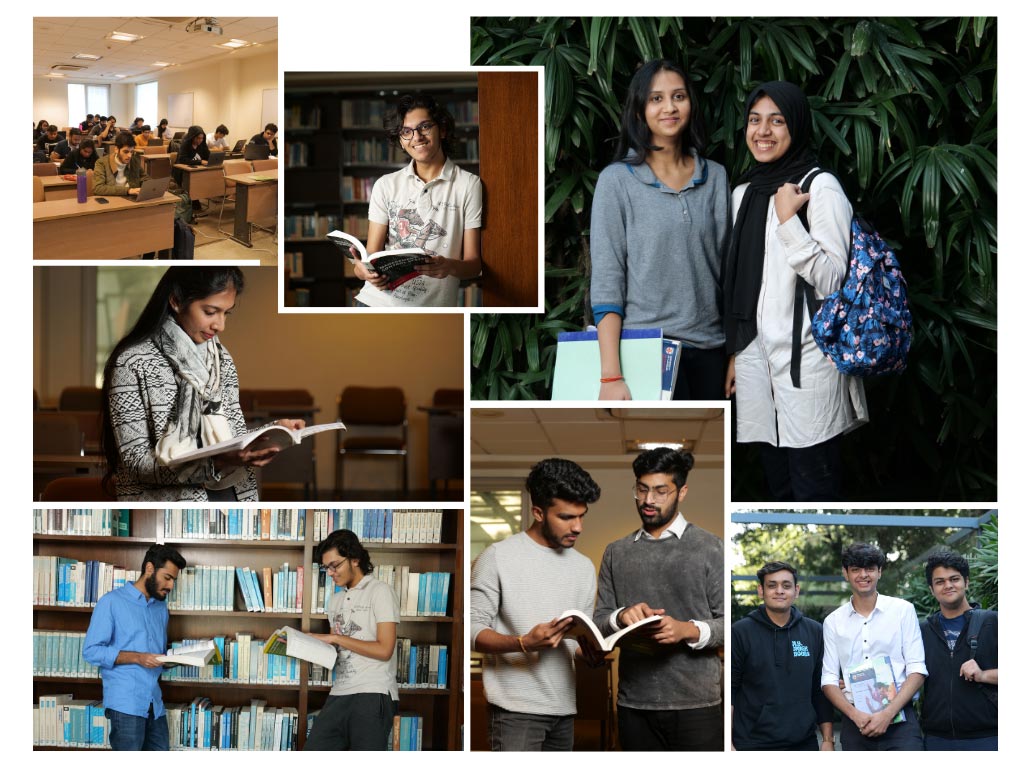Deputy British High Commissioner to India discusses impact of Covid on businesses at ISBF online lecture
Read More
ISBF is a Recognized Teaching College of London School of Economics & Political Science (LSE)
India’s only UG program for entrepreneurial leaders of tomorrow!
By the
Alumni of Harvard
Business School and London Business School

BSc Economics - MBA, ISB Hyderabad - Chief of Staff, Chargebee
MSc Applied Economics - Cornell University
Consultant at Bain & Company - MBA at INSEAD
BSc Business - University of of Warwick - Founder, Harajuku Tokyo Cafe
BSc Economics - PGP, IIM Rohtak - Consultant, Cognizant
BSc Accounting & Finance - MSc Accounting & Finance, LSE - Analyst, EY
Take learning beyond the classroom
 Annual Startup Challenge
Annual Startup Challenge